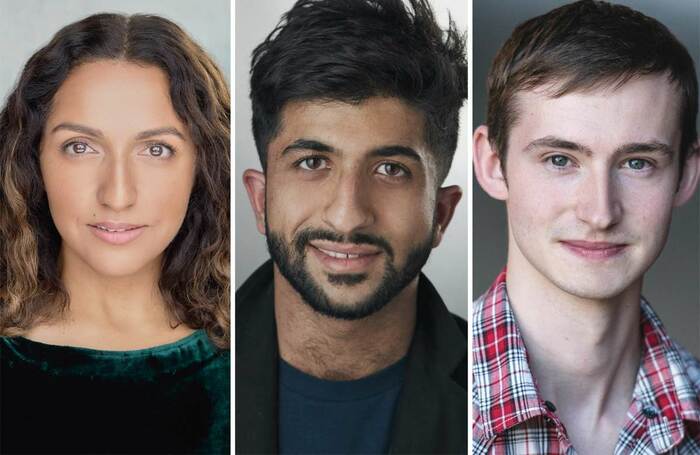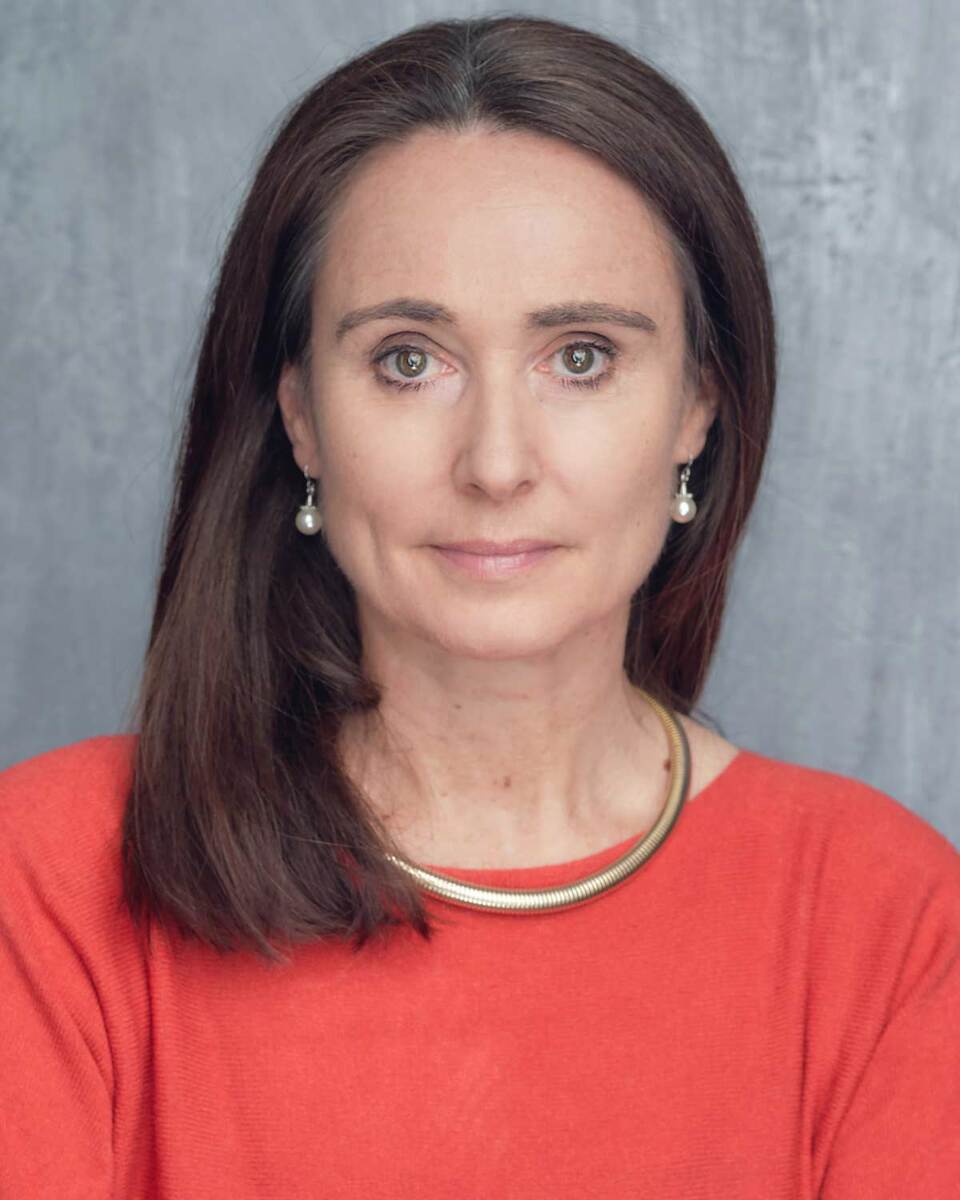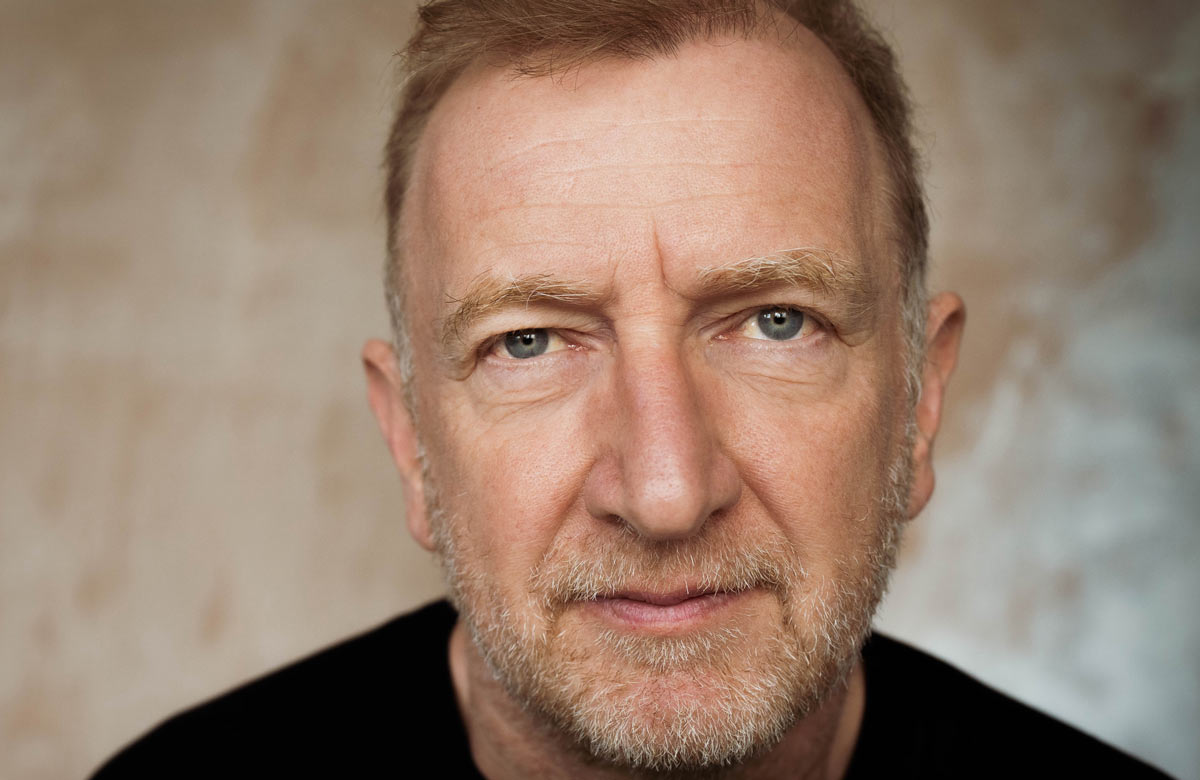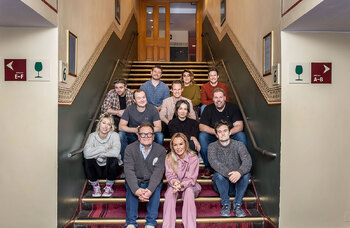For the profession, by the profession: Why Drama Studio London is all about actor training
Drama Studio London has a laser-like focus on providing the best possible training for actors, and offers three full-time courses dedicated to the best possible development for its students, as its graduates attest
For the profession, by the profession. That is the motto of acting conservatoire Drama Studio London. And it is more than just a maxim: it is a promise that the Ealing-based institution will always put acting and actors at the heart of everything it does.
“We only train actors on our full-time courses,” says DSL’s interim head Emma Lucia Hands. “Our full focus, all our attention, is always on acting – not directing, not playwriting, not designing, not stage management, but acting. Every single day of our lives at Drama Studio London is spent thinking about how we can provide the best possible training for actors.”
That dedication to the art of acting is central to the three full-time courses Drama Studio London offers – a one-year Diploma in Professional Acting, a three-year BA in Professional Acting, and a two-year MFA in Professional Acting with Independent Production. Its one-year, two-year and three-year courses are all entirely focused on turning students into the best actors they can be.
“Our famous one-year diploma was the first course we offered over 50 years ago,” says Hands. “It is aimed at people who have either got an undergraduate degree, or who already have some professional experience in the industry. It’s a fast-track, full-on programme. Students hit the ground running, and from day one they are trained in all aspects of the acting profession.”
She continues: “The three-year BA is a Level 6 qualification, validated by the University of West London, aimed at students leaving secondary education. It is 80% vocational, with classes in acting, voice, movement, media work and more, and provides a thorough preparation for entering the industry. In this year’s National Student Survey, it scored a 96% satisfaction rating.”
The two-year MFA is a brand-new course, also validated by the University of West London. “And it doesn’t just train you as an actor, it trains you as an actor-creator,” Hands says. “As a postgraduate course aimed at older applicants, it allows students to study a specialism of their own choosing, and equips them with the tools to make their own work and shape their own career.”
Those three courses form the core of what DSL does, but they are not the only programmes it offers. Alongside them, it runs part-time evening classes for adults, as well as a discussion club chaired by the Guardian’s esteemed former theatre critic Michael Billington. Whatever your ability, whatever your availability, whatever your interest, there is an acting course for you at DSL.
Verna Vyas, for example, had already taken a foundation course in acting elsewhere, and wanted to follow a short, intense, professional training programme that would suit her lifestyle as a mother of two. She chose DSL’s one-year Diploma in Professional Acting, graduated earlier this year, and is currently performing at London’s Vaults in immersive comedy Dante’s In-Furlough.
“DSL was everything I expected and more,” she says. “My personal highlights were performing at Shakespeare’s Globe and working with directors Terry Hands and Chris Luscombe. We were exposed to so many excellent people – practitioners working at the top level, training us for the industry and providing invaluable advice.”
All courses offered by DSL are taught at the school’s Covid-secure centre in Ealing – where facilities include two rehearsal rooms, a large rehearsal studio, a recording studio, a screen-acting studio, and a 70-seat theatre – or at the University of West London’s Ealing campus nearby.
“Our location is really rather lovely,” says Hands. “We are opposite the big, beautiful green space of Walpole Park, and we have excellent transport links into central London and the West End. When the Elizabeth line is eventually completed, we will be only minutes away from the best theatre in the world.”
Courses are delivered by a core team of experienced practitioners – a head of acting, a head of voice, a head of movement, and a head of media – alongside a wide range of visiting lecturers and industry professionals. ‘For the profession, by the profession’ means just that: on a daily basis throughout their time at DSL, students will be coached by actors and directors currently working across the performing arts.
“I say to all our students on their first day to be a sponge and absorb the knowledge and advice from the experts they meet at DSL,” says Hands. “Whenever you walk into our building, there is always a buzz. There is always something creative going on. There is always someone exciting coming to work with us.”
Despite the intensity of its courses, DSL retains a friendly, supportive atmosphere. The school prides itself on the diversity and wide age-range of its students, and it is that, says Hands, coupled with the history and beauty of its facilities, that ensures the institution feels like “one big family” – a feeling that extends beyond graduation into professional life.
That was what immediately appealed about DSL to Mohammed Bilal Gaj, who graduated this year. He says the support he received at DSL, and continues to receive now he has graduated, is “amazing”.
“You get such a great level of help and individual care, even beyond your training,” he says. “I was just speaking to my tutor last week, getting advice about auditions, even though I’ve graduated. It’s brilliant that you continue to get that level of support.”
Those interested in applying to study the one-year Diploma in Professional Acting or the two-year MFA in Professional Acting with Independent Production at DSL can do so through the school’s website. Those interested in applying to study the three-year BA in Professional Acting can do so through UCAS. Applicants will be then be assessed via an audition.
But that, says Kieran Dooner, who graduated from the three-year course earlier this year, is nothing to worry about. In fact, it was the audition process that persuaded him that DSL was the conservatoire for him.
“It was probably the most enjoyable audition that I had when applying to drama school,” he says. “There was no pressure. I didn’t feel like I was being judged. I just felt like I belonged. It is such a friendly, supportive environment.”
There are three things that DSL looks for in applicants, according to Hands: talent, individuality, and an understanding of what it means to be part of an ensemble.
“We are here to nurture talent,” she concludes. “We believe in the potential of everyone we take on to our courses.”
For more information, see dramastudiolondon.co.uk
Most Read
Across The Stage this weekYour subscription helps ensure our journalism can continue
Invest in The Stage today with a subscription starting at just £5.99






